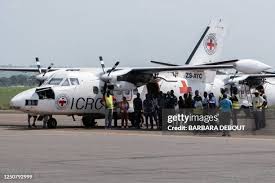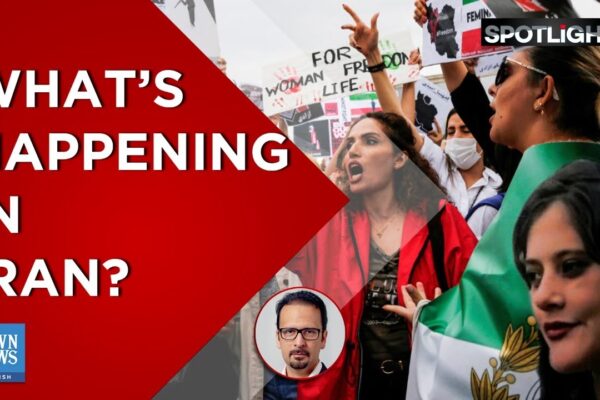Current Events in the Central African Republic: A 2023 Overview

Introduction
The Central African Republic (CAR) remains a focal point of interest in international news due to its ongoing political turmoil, humanitarian crises, and potential for economic development. As one of the most volatile regions in Africa, understanding the events in CAR is crucial for stakeholders, policymakers, and humanitarian organisations active in the region.
Political Landscape
In recent months, CAR has continued to grapple with instability stemming from the civil unrest that erupted in 2013. President Faustin-Archange Touadéra’s government has faced challenges in establishing security and governance throughout the nation. The presence of several armed groups complicates the political landscape, as they often vie for control of resources and territorial dominance.
International efforts, including peacekeeping missions by the United Nations Multidimensional Integrated Stabilisation Mission in the Central African Republic (MINUSCA), have had limited success. However, reports have highlighted some improvements in safety in urban centres, allowing for a slight increase in humanitarian access and economic activities in urban areas.
Humanitarian Challenges
According to the United Nations, over 2.1 million people in CAR, or roughly half of the population, are in need of humanitarian assistance as of 2023. The situation has been exacerbated by food insecurity, with 1.7 million people facing chronic hunger. Recent climate challenges and the impacts of conflicts have disrupted agricultural activities, further deepening the crisis.
Efforts by NGOs and international bodies are underway to provide urgent relief, yet access to rural areas remains limited due to insecurity. Health services are also under significant strain, particularly in response to preventable diseases and the ongoing effects of COVID-19.
Economic Prospects
Despite the challenges, the Central African Republic possesses rich natural resources, including diamonds, gold, and uranium, which could potentially drive economic growth. There have been talks regarding the legality and fairness of the diamond trade, leading to discussions on fair trade practices, which could benefit local communities while promoting sustainable development. Increased partnerships with foreign companies might pave the way for infrastructure development and job creation.
Conclusion
The Central African Republic stands at a crossroads in 2023. With international backing, focused efforts towards stabilisation, and investment in sustainable development, the country could overcome its profound challenges. For readers and stakeholders, staying informed about CAR’s dynamics is essential, as the nation’s progress has far-reaching implications not just for its own citizens, but for the region and broader international community.
You may also like

Understanding the Current Political Landscape in the UK

Current Events: What’s Happening in Iran

Boris Johnson: A Look at His Current Political Landscape
SEARCH
LAST NEWS
- Remembering Wendy Richard: The Promise to Co-Star Natalie Cassidy
- How Did Anglian Water Achieve an ‘Essentials’ Rating for Mental Health Accessibility?
- Shai Hope Leads West Indies in T20 World Cup Clash Against South Africa
- What We Know About Weston McKennie: Future at Juventus and Past at Leeds
- What We Know About the Upcoming Live Nation Antitrust Trial